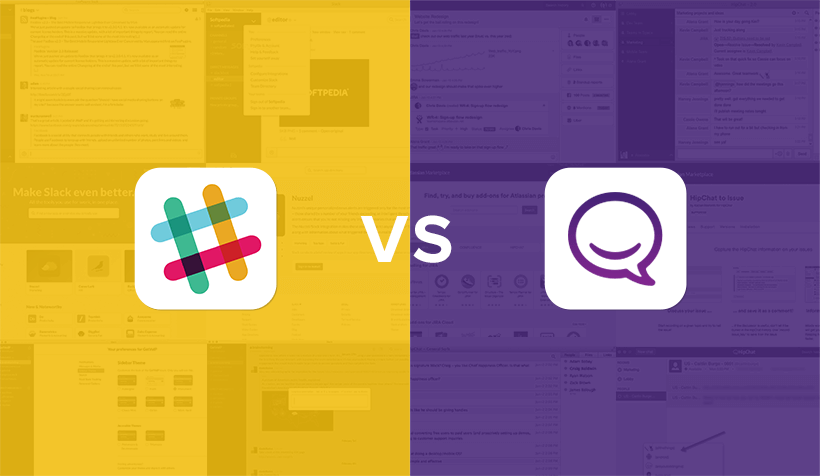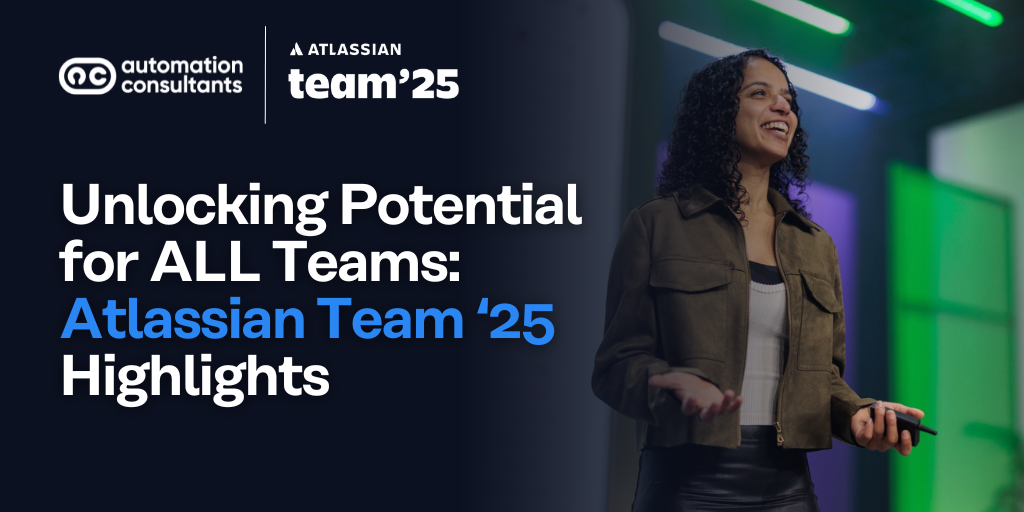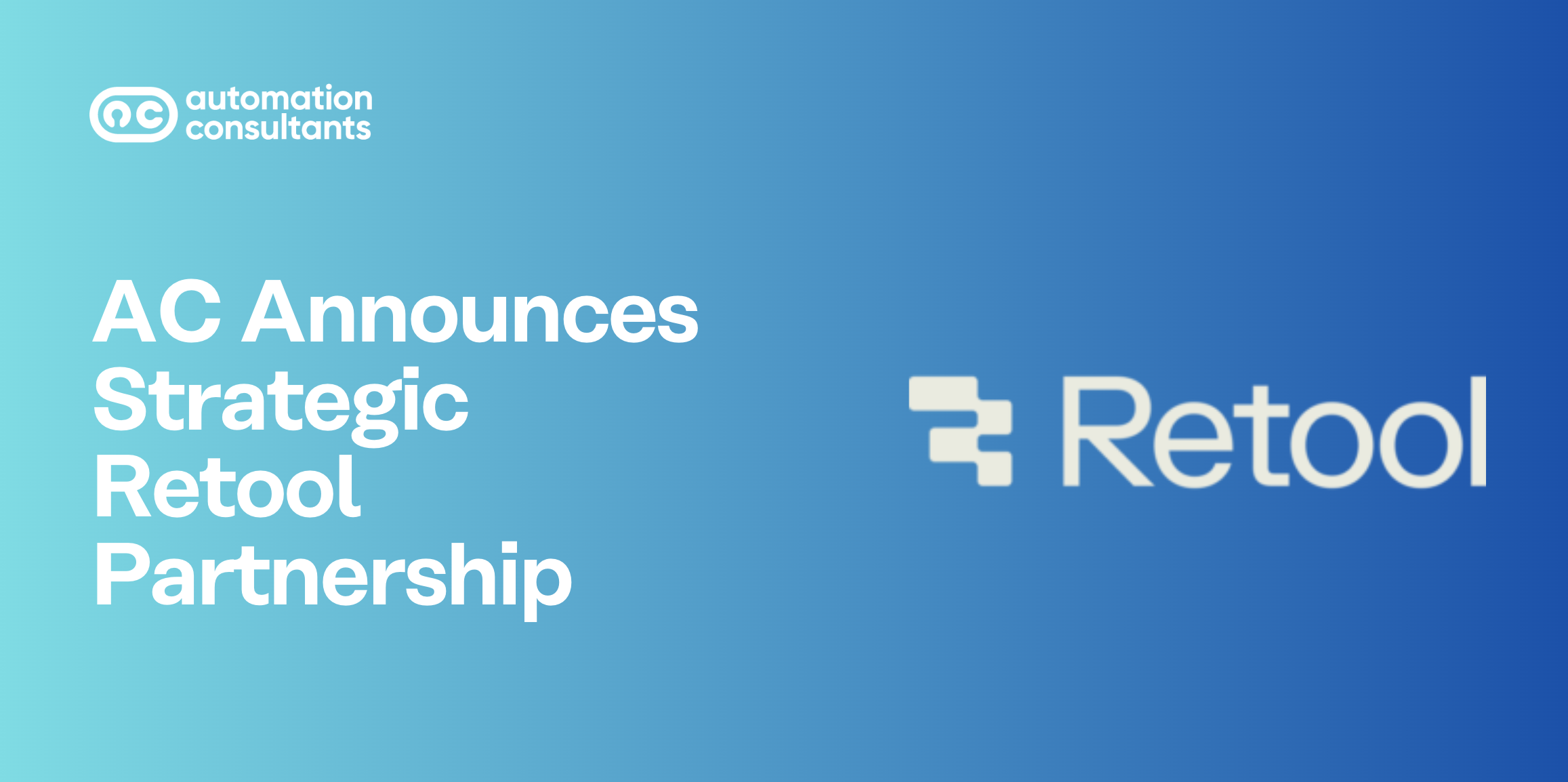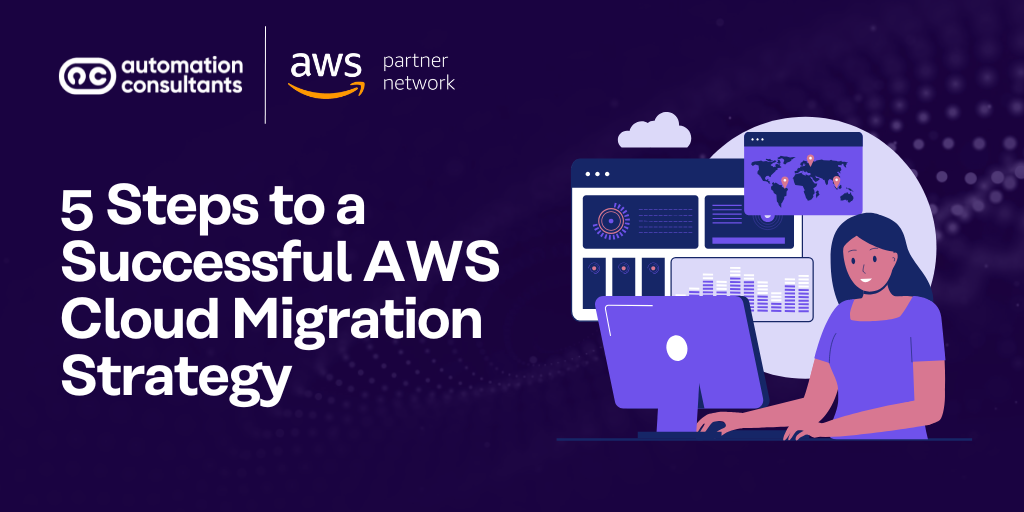The market for real-time communication tools has evolved significantly in the past few years – and strong competition has emerged between different platforms such as Slack and HipChat.
This has paved the way for a new partnership between Slack and Atlassian: Atlassian has made an equity investment in Slack, while Slack has acquired the IP for HipChat and Stride. Stride was a replacement for HipChat Cloud – but server and Data Center editions of HipChat remained in use. As of February 2019, support for both HipChat and Stride will be discontinued.
This may be concerning for existing HipChat and Stride users. Atlassian is providing a migration path to help all existing HipChat Data Center and HipChat Server customers move to Slack. While Atlassian is encouraging users to choose Slack as the messaging app of choice, HipChat customers will receive support to the end of their license period.
So, why did Atlassian make this decision? How will Slack differ from HipChat, and what can existing HipChat users do to ensure a seamless migration? To help answer these questions, here’s a closer look at Slack and HipChat.
HipChat vs. Slack
HipChat got off to a successful start. It launched in 2009 and revolutionised workplace communications, encouraging colleagues to chat via their desktops. Users could share files, search conversation threads, refer to specific people with @names and add emoticons. HipChat offered functionality and fun – and 1,000 companies signed up to it within its first four months.
In 2013, Slack arrived on the scene and 8,000 companies joined in 24 hours. Unlike HipChat which primarily focuses on business chat, Slack appeals to all kinds of organisation and makes it very easy for users to sign up and get started. It also offered a free version from the start; anyone could use it for any reason – work related or not – and share it instantly with their wider organisation.
Slack made team chat more accessible. By making real-time communication available to everybody, Slack captured a huge share of the business market and is now undoubtedly the leading workplace chat tool. HipChat boasted strong integrations with the Atlassian product suite and other enterprise tools. However, Slack offers deep integrations with, for example, Dropbox, Twitter and Zendesk.
Stronger product integrations
By partnering with Slack, Atlassian can focus on further enhancing its core product suite including Jira, Confluence and Bitbucket – while simultaneously delivering stronger product integrations.
Atlassian has already built and supported integrations with Slack for Jira Cloud, Trello and Bitbucket Cloud. It will seek to build on the success of these existing integrations by co-developing tighter integrations between other Atlassian products and Slack.
While there are no plans to migrate existing HipChat and Stride apps (add-ons) to Slack, it is possible to build new apps on the Slack system.
Making the move to Slack
HipChat Cloud, HipChat Data Center/Server and Stride users can successfully transition to Slack with little to no disruption. There is a specific step-by-step migration process for each service that involves exporting data and then importing it into Slack.
All Atlassian customers who wish to retain their Stride and HipChat data need to start exporting their data, as well as any associated app data, now. The last day to export data from Stride and HipChat Cloud is March 15, 2019. However, the last day users can use HipChat Cloud and Stride is 15 February 2019.
Here are the end-of-life dates for each product version:
- Stride: February 15th, 2019
- HipChat Cloud: February 15th, 2019
- HipChat Data Center (v3.0): June 22nd, 2019
- HipChat Data Center (v3.1): September 26th, 2019
- HipChat Server (v2.1): December 8th, 2018
- HipChat Server (v2.2): May 30th, 2019
- HipChat Server (v2.4): June 30th, 2020
Atlassian has put together a small team to support its Stride and HipChat customers through the transition. However, for those users that require specialist support, it pays to consider working with an Atlassian Platinum Solution Partner. Atlassian will not resell Slack directly to customers or through Atlassian Partners, but Automation Consultants can consult to and support users migrating from HipChat to Slack, or alternative tools.
Still weighing up HipChat vs. Slack and how to migrate successfully? Contact the Automation Consultants team today – we are a certified Atlassian Enterprise Platinum Solution Partner, with specialist knowledge of Atlassian Data Center deployments.





